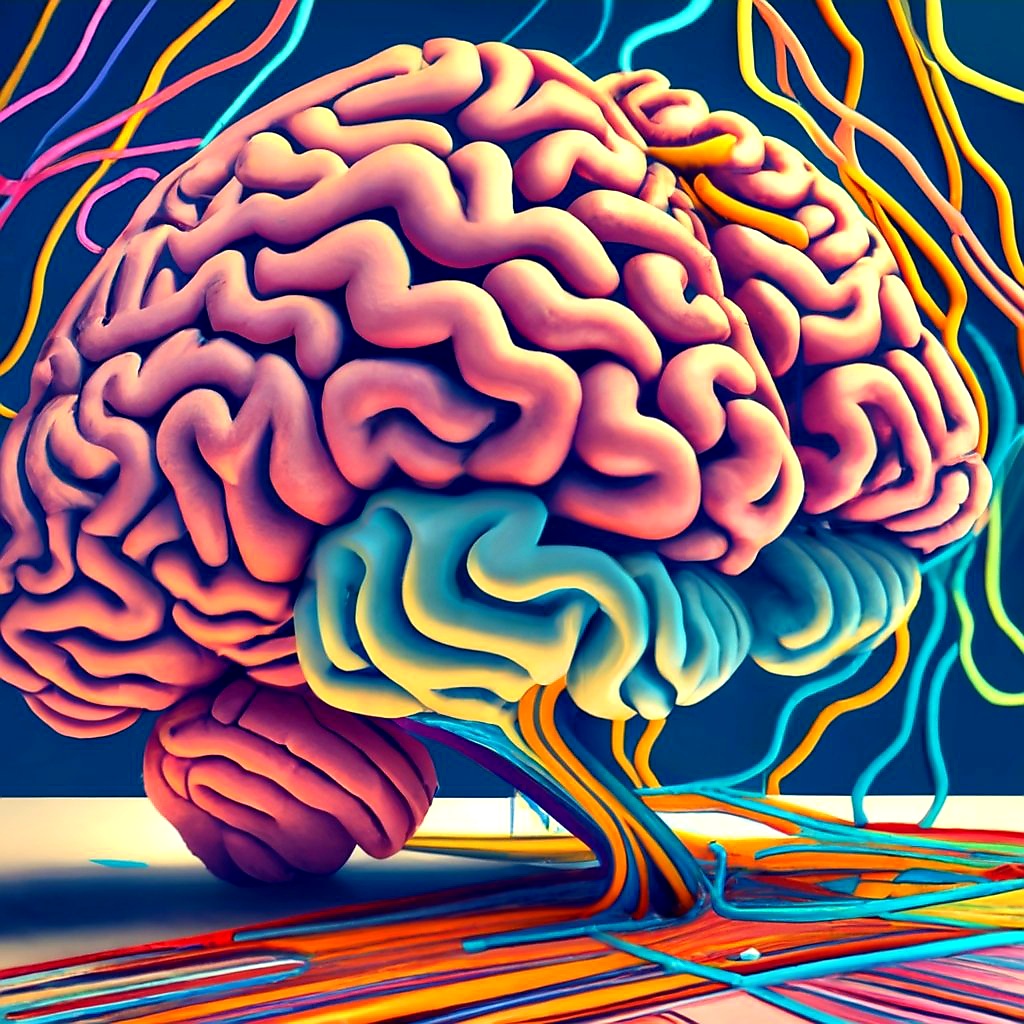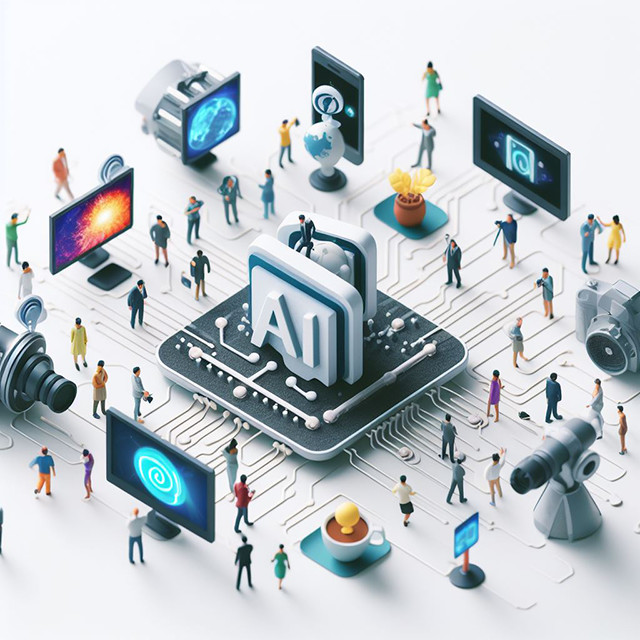Artificial Intelligence Algorithms in Search Engines: A Look at Rankbrain and Other Examples
Search engines like Google rely heavily on artificial intelligence (AI) and machine learning algorithms to understand search queries, crawl and index web pages, and rank results. One of the most important AI innovations in search has been Google's Rankbrain technology, introduced in 2015. As a leading expert in AI for search, I'll provide an overview of Rankbrain and other key examples of how search engines leverage AI.
What is Rankbrain?
Rankbrain is one of Google's machine learning systems used to help interpret the meaning behind search queries, understand intent, and rank pages. It acts as a relevance signal when ranking pages for a query. Here's a quick rundown of how it works:
- It receives search queries that Google has never seen before, helping the search engine handle "long-tail" queries.
- The system uses artificial neural networks and deep learning to analyze these queries and make inferences about their meaning, even if the specific keywords have not been seen before.
- Rankbrain is able to make smart guesses about what a user is looking for based on semantic meaning and context.
- It helps Google decide which pages are most relevant for those queries, factoring into the overall search ranking algorithm.
Essentially, Rankbrain enables Google to go beyond just matching keywords and start understanding meaning and concepts. It has helped Google significantly improve its handling of never-before-seen long-tail queries, boosting relevance for users.
Rankbrain today is used in all Google search results worldwide, operating in the background as one key signal for search rankings. While its exact influence is unclear, some estimates suggest Rankbrain is the third most important factor in rankings behind links and content. Its implementation has enabled Google to process long-tail queries in real-time and scale search in ways not possible purely through human-engineered algorithms.
Other Machine Learning Advances in Google Search
Beyond Rankbrain, Google has incorporated artificial intelligence and deep neural networks across many parts of search. Here are some other key examples:
- BERT - A natural language processing technique that helps Google better understand language context and meaning in search queries. It powers things like featured snippets in search.
- MUM - Google's latest Multitask Unified Model uses transformers and can understand information across 75 different languages. MUM allows Google to make sharper connections between queries and results.
- Ranking models - Google trains thousands of machine learning models to help match pages with queries based on signals like relevance, freshness, authoritativeness and more. The exact ranking formula incorporates hundreds of ever-evolving signals.
- Image recognition - Google uses computer vision, deep learning and neural networks to understand the content of images and match them to queries.
- Featured snippets - Special boxes at the top of search results are generated by Google's natural language systems to automatically summarize the most relevant data for queries.
- Entity recognition - Understanding people, places, organizations and real-world entities mentioned in queries helps Google better interpret meaning and intent.
- Google Assistant - Google's conversational AI assistant relies on advanced natural language processing to engage in two-way dialogue with humans. The underlying technology stems from search advances.
- Knowledge graph - By understanding real-world entities and relationships between them, Google surfaces relevant information directly in search, drawing from its vast knowledge graph.
These are just some examples of Google's widespread application of AI to improve search relevance and the user experience. Billions of searches per day are processed through neural networks and machine learning models to better match people's queries with helpful information.
AI in Microsoft Bing Search
Google's main rival, Microsoft Bing, has also invested heavily in AI to match Google's search prowess. Some examples include:
- Intelligent image search - Bing uses computer vision on billions of images to understand and classify their content, helping surface relevant image results.
- Semantic search - By better understanding entities, relationships and context, Bing provides direct answers to some search queries rather than just links.
- Conversational search - Bing has integrated conversational AI capabilities to engage in dialogues with users and provide more interactive search experiences.
- Predictive search - Bing tries to anticipate what a user might be searching for, providing suggested search refinements and completions in real-time as someone types a query.
While Google's technology may have an edge, Microsoft has closed the gap significantly through things like its Azure Cognitive Services APIs. Bing also leverages external data like Wikipedia to enhance knowledge. Microsoft's vast compute resources and talent in fields like natural language processing and deep learning continue to improve Bing's intelligence.
The Future of AI in Search Engines
Looking ahead, we can expect search engines to get even smarter as AI technology advances. Here are some emerging trends and possibilities:
- More semantic search experiences - Search engines will move beyond keywords to understand meaning, concepts and entities behind queries at a deeper level.
- Conversational interfaces - Users will be able to engage search engines in productive human-like dialogues using natural language.
- Predictive search - Search engines will proactively provide users with helpful information tailored to their interests and habits before they even ask.
- Intelligent analytics - Search engines will connect signals across queries and documents to uncover non-obvious insights, trends and patterns.
- Multimodal understanding - Systems will seamlessly integrate information across text, voice, images and video to better interpret and satisfy user needs.
- Deep personalization - Search results will be adapted in real-time to each user's context, location, interests, background knowledge and more.
- Advanced recommender systems - AI will enable search engines to suggest highly relevant content that specific users are likely to find valuable.
- Comprehensive digital assistants - Intelligent assistants from tech companies will incorporate search and knowledge capabilities to serve as powerful aids.
The applications are vast, and search stands to become faster, more intuitive and helpful with ongoing AI innovation. However, increased automation also raises important concerns around issues like transparency, bias, privacy and the future role of human curation. As search technology becomes more intelligent and impactful, companies like Google must engage openly with information seekers, content creators and society as a whole.
Conclusion
Search engines have benefited immensely from artificial intelligence advances in recent years. In particular, Google's Rankbrain system leveraging neural networks and deep learning has helped improve the handling of long-tail queries. And AI techniques in areas like natural language processing, computer vision and conversational interfaces continue to enhance search experiences. As someone closely following these developments, the future of AI-driven search looks very promising. We can expect more semantic, predictive and personalized search experiences as the technology evolves. However, search companies must also consider transparency, ethical principles and the broad social impact as AI takes on a bigger role. Responsible innovation that places users first is key to realizing the full benefits.



Comments
Post a Comment